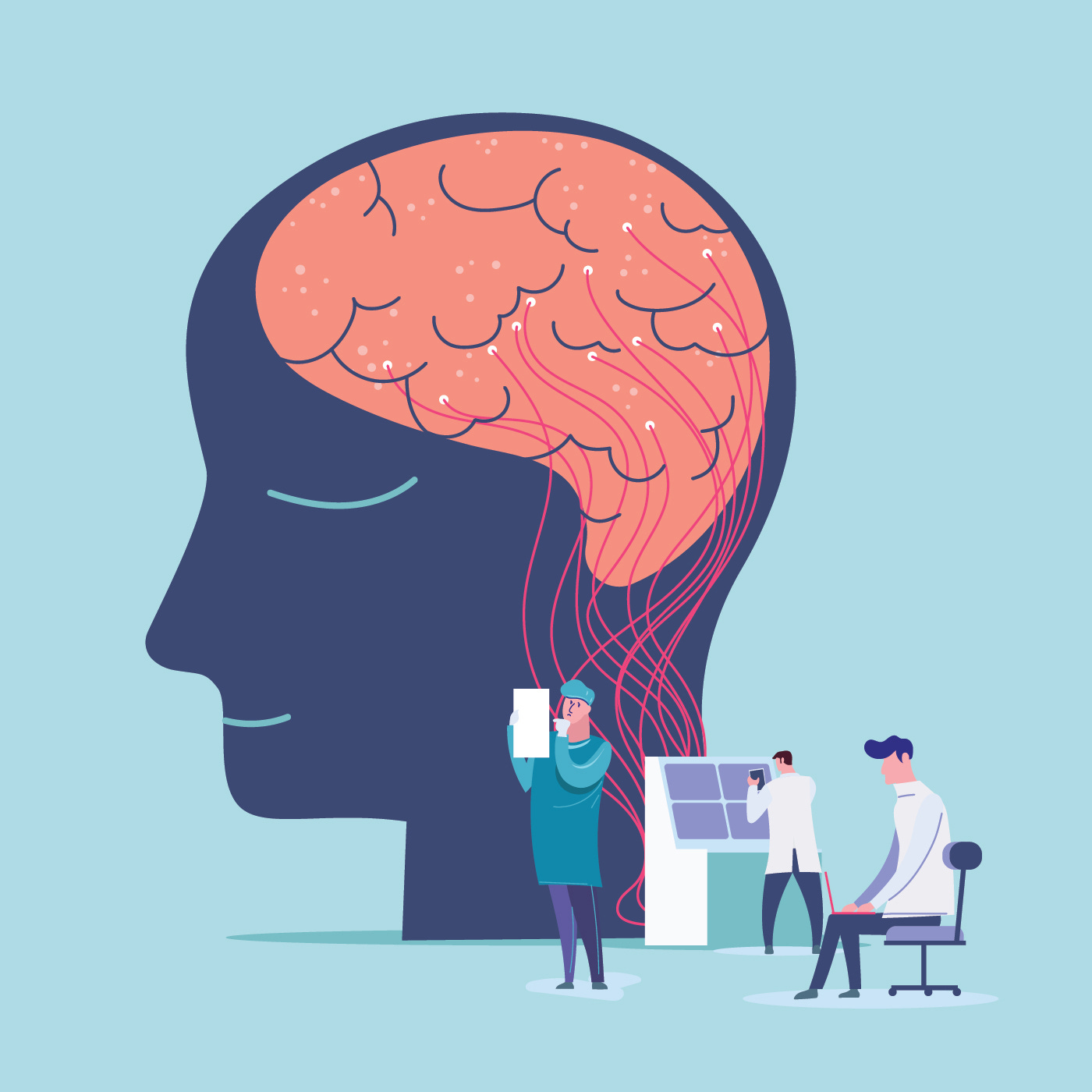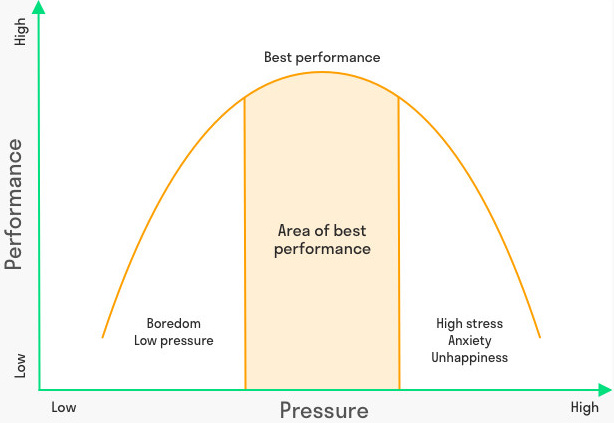Hello readers,
Based on the popularity of the monthly roundups (read the previous one here in case you missed it), there’s one thing I’ve learned: this community really enjoys new ideas presented in a crisp and simple format.
Building on that, I feel there’s a lot to learn about every field by covering a range of ideas from different experts. So today’s piece is going to be 5 really cool ideas from different psychologists, and I’m sure you’ll emerge a smarter person by the end. Here we go:
Daniel Kahneman on the 2 selves: In Thinking Fast And Slow, Kahneman details the idea of the experiencing self and the remembering self. The former is about how we experience life in the moment- how the food tastes, how the breeze feels in the here and now. The latter is the big-picture story that our minds create about the dinner at the restaurant, remembering what the night felt like instead of focusing on the micro-details. So we may be enjoying the perfect music concert but if it ends with a loud, disturbing screech, we end up feeling that it totally ruined the experience. But it hasn’t- that’s just the story we formed to remember this event, forgetting the 20 minutes of continuous pleasure we derived from the nice music. Endings matter a lot and shape the story we tell ourselves about an event. A bad ending can distort how we remember something even if the actual lived experience of the same event was very different.
Paul Bloom on having kids: To have kids or to not is a question that has been puzzling people in their late 30s as well as cool youngsters who’re pondering whether they want to sacrifice their weekend parties at Gokul Bar to raise a brat. It can turn out to be a totally vexing debate with no clear resolution. In such a state of confusion, I find Paul Bloom’s answer to this question quite helpful. Leaning on Kahneman’s concept, he suggests that even if the experienced happiness of raising a kid might fluctuate- and often hit all-time lows due to perennial bedwetting or general devastation of the household by a hyperactive kid- the remembered happiness often turns out to be very high. In the long run, people don’t remember those nasty moments- it’s only the thousands of sweet memories with the kids that we recall, which makes the experience worth it. Moreover, parents often say that raising a kid is a profound experience that changes who they are- something they feel glad to have experienced. So if you’re on the edge about this, talk to lots of people across the age spectrum who’ve had kids to learn from their experience. It’ll provide a much more nuanced view of the entire thing.
Lisa Barett on emotions: For the longest time, it has been believed that there are certain universal emotions like anger, sadness, and fear. Moreover, scientists have suggested that there’s a specific brain circuit associated with each of these emotional expressions. Psychologist Lisa-Feldman Barett has challenged these ideas with her theory of constructed emotion (I recommended her book in my Q2 recommendations list, check it out). Offering a radically different view, Barett suggests that emotions are constructions of our brains based on the body sensations we’re experiencing. When we feel we’re nervous, it’s actually our brain interpreting this based on the funny feeling in the stomach. This interpretation of sensations varies across cultures based on how we react to what our bodies are telling us. For instance, in some cultures, people smile sheepishly when feeling guilty while in others they maintain a straight face. The culture and social reality we live in shape the emotional concepts that our brains learn- and therefore, lead different people to have different emotional responses to the same stimulus. Crazy idea- the Romans didn’t smile when they were happy. Smiling is a recent cultural idea that probably emerged after the advent of dentistry, not a universal norm!
Robert Sapolsky on stress: With a rise in mental health conversations, there’s a lot of talk about the harmful effects of stress- especially the kind that adversely affects people at work. Here’s an interesting finding though- a moderate amount of stress is actually good for us. When it comes in a burst and subsides, it can often bring out high performance in individuals. There’s an inverted U-shaped curve if you plot Stress vs. Performance on a graph: too little stress means life is very dull & boring, but in moderate doses, it can activate an acute stress response to a challenge (say a deadline or a mad dash to catch the bus departing from the station), bringing out the best in us and even improving our immunity. But if the same stress persists and becomes chronic, it can lead to harmful implications for the body- including metabolic issues and hypertension.
A Buddhist monk on happiness: Yongey Rinpoche says “Ultimately, happiness comes down to choosing between the discomfort of becoming aware of your mental afflictions and the discomfort of being ruled by them". A veteran meditator, Rinpoche’s deep experiential insight just shines through in this pithy but incredible quote. We’re always at the mercy of mysterious mental forces, without even knowing that they’re pulling the strings and running the show! What a double tragedy- experiencing misery and not even knowing what caused it. Fortunately, we have the psycho-technology to deal with this nightmare. The practice of Vipassana meditation, as I’ve written about earlier, helps one develop a greater awareness of these mental forces that govern us- and then purify the mind by eradicating these deep-rooted mental defilements.
That’s it for today, folks. If you enjoy learning more about psychology and human nature, consider reading any of these people’s books. There’s a whole lot to learn from their research.
If you enjoyed this article, here are a few more you may love:





